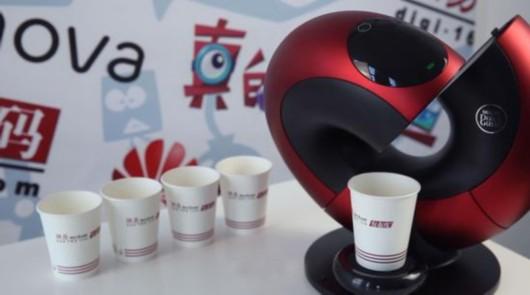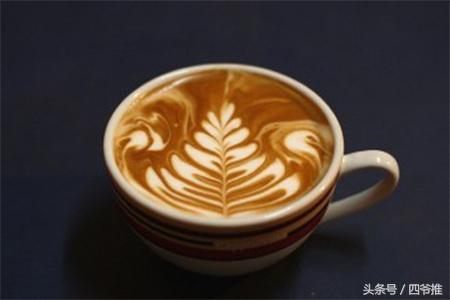Digital Disruption in the World of Couture: How Technology is Shaping Future Fashion
Introduction to Digital Transformation

The world of fashion has been undergoing a significant transformation over the past few years, driven primarily by technological advancements. Gone are the days when designers had to rely solely on their intuition and experience to create garments that would captivate consumers. Today, technology plays a crucial role in shaping not only how we design clothes but also how we perceive them.
The Rise of Virtual Reality and Augmented Reality in Fashion

Virtual reality (VR) and augmented reality (AR) have revolutionized the way fashion brands showcase their designs. These technologies allow customers to immerse themselves in virtual environments where they can interact with clothing items as if they were physically present. Brands such as Gucci and Balenciaga have already leveraged these tools for digital runway shows, enabling users worldwide to experience high-end fashion without having to travel.
Artificial Intelligence Assists Designers

Artificial intelligence (AI) has become an indispensable tool for fashion designers seeking inspiration or assistance during the creative process. AI algorithms analyze vast amounts of data related to previous trends, consumer preferences, colors, patterns, fabrics and more; providing insights that can help guide decision-making throughout the design lifecycle.
3D Printing: A Game-Changer for Sustainable Manufacturing

In recent years, 3D printing technology has emerged as an eco-friendly alternative method for garment production while reducing waste significantly compared with traditional methods like cutting fabric into patterns before sewing it together into garments.
Social Media Influencers Shape Consumer Behavior

Social media platforms such as Instagram provide an essential platform for brands looking to engage directly with potential customers while influencing their purchasing decisions based on user-generated content featuring products from various brand portfolios.
6.Fashion Apps Connect Consumers With Their Favorite Brands Directly
Fashion apps offer personalized shopping experiences tailored specifically around individual customer preferences using machine learning algorithms analyzing browsing history along with other relevant factors like location-based information etc., enhancing overall efficiency within online transactions & loyalty programs designed by retailers across different industries including apparel retailing industry itself!
7.The Impact Of E-commerce On Traditional Brick-and-Mortar Retail Stores
E-commerce continues its rapid growth at an unprecedented pace globally due mainly because it provides consumers greater convenience through easy access via mobile devices anywhere anytime combined seamlessly well integration seamless integration between product offerings from multiple sellers under one single platform leading rise demand shift away towards brick-and-mortar stores thereby putting pressure upon them adapt quickly else risk losing market share drastically!
8.Effects Of Blockchain Technology On Supply Chain Transparency And Security In Fashion Industry
Blockchain technology ensures transparency & traceability throughout entire supply chain process ensuring authenticity which enhances consumer trustworthiness hence driving higher sales volume among discerning buyers who value ethical practices highly enough making this tech vital part global textile manufacturing landscape especially now considering ongoing pandemic situation affecting economies worldwide!



